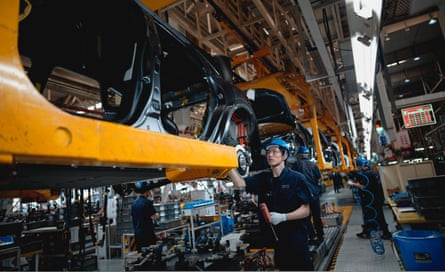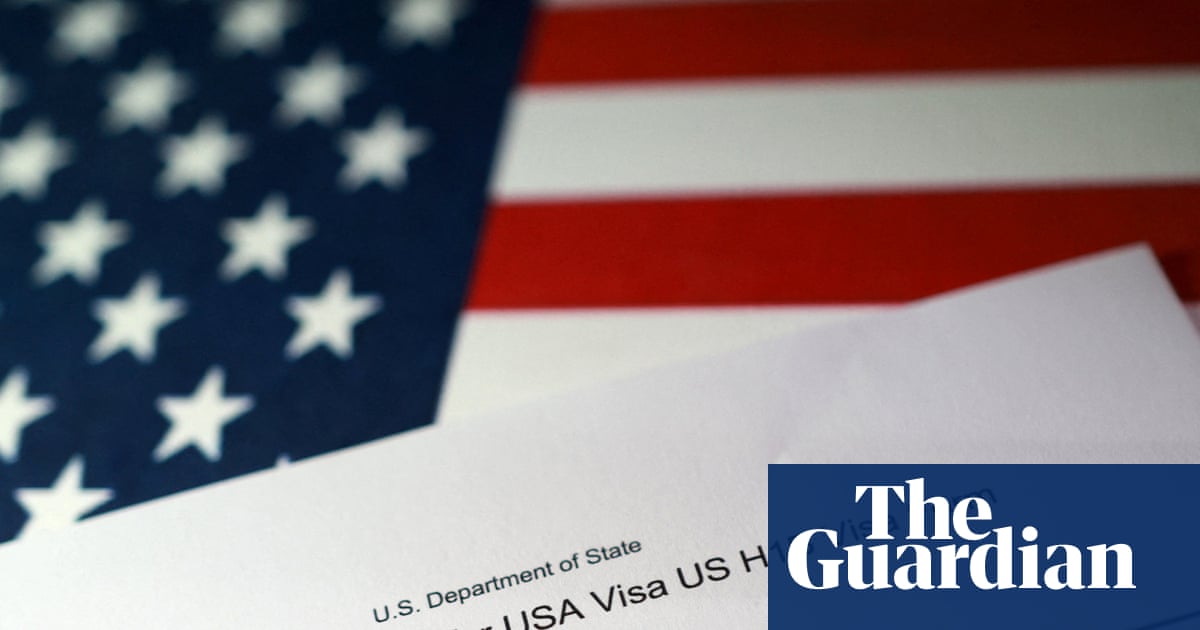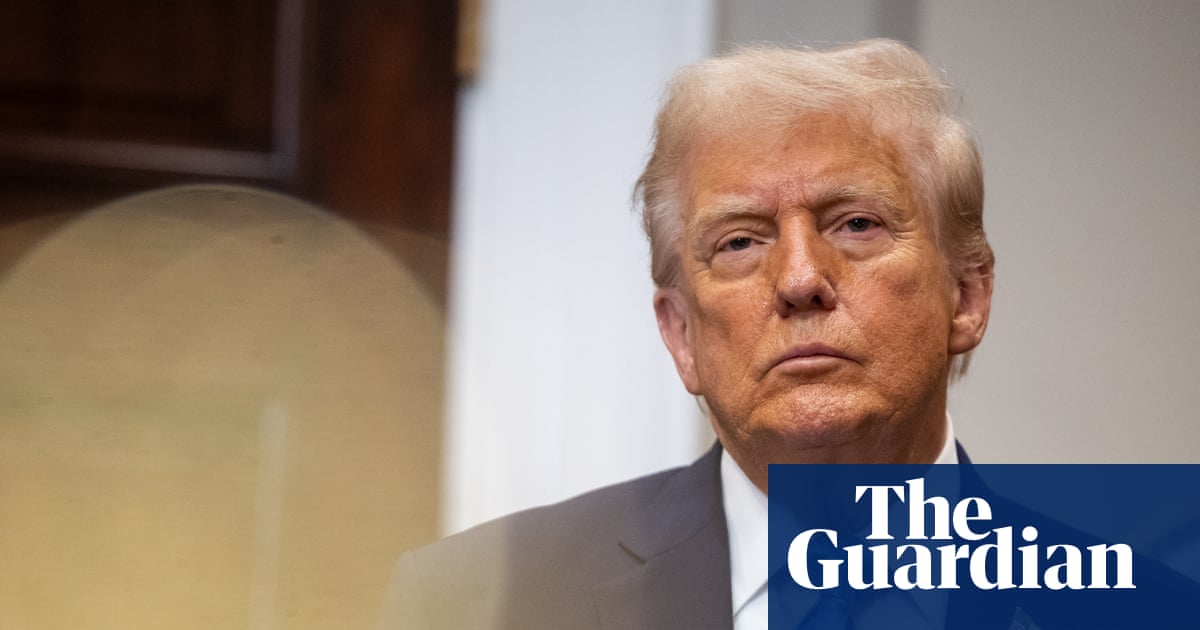Europe’s relationship with the US is unmoored, but it has also lost its bearings with regard to China, caught by competing forces that pull and push in opposite directions.
Europe’s China policy used to be a function of Washington’s. When Barack Obama tried and then failed to pivot to Asia in 2011, sucked into turmoil in the Middle East instead, Europeans lulled themselves into the belief that their relationship with Asia could continue to be driven by trade, with security an afterthought.
Despite rising tensions in the South China Sea, the Korean peninsula and the Taiwan strait, European governments viewed Asia, including China, through a predominantly economic lens. China’s belt and road initiative was initially seen as a purely economic endeavour, lacking strategic edge. It was only as US-China relations soured, under the first Trump administration and then especially under Joe Biden, that Brussels switched gears.
China was no longer seen only as a partner, but more warily, as a competitor and systemic rival. Investment screening, tariffs and export controls entered the European lexicon when talking about China. The link to the US was clear. While the EU rejected any decoupling from China, considering it undesirable and impossible, it began advocating “de-risking” instead. Once unpacked, this is no different from other trademark European concepts such as strategic autonomy and economic security. But the timing and the framing of Brussels’s more hawkish line made it clear that its north star on China was Washington.
This worked so long as the transatlantic relationship was strong and Washington’s approach to China was clear and predictable. None of that is true today. Toughening up to match China’s assertiveness, for instance, by accepting and even advocating for Nato’s role in east Asia, continues to anger Beijing.
But it no longer necessarily rallies favour in Washington. The Trump administration may bully Europeans to inflict costs on China, for example by applying secondary sanctions on countries that continue to buy Russian oil and gas. But this does not guarantee that Trump will stand by Europe on Ukraine, or that Washington has any intention of exerting meaningful economic pressure on Beijing. So far, it’s China that has retained the upper hand in the trade war with the US. Trump treats Europe as subservient: he’s happy to see it inflict economic pain on Beijing at its own cost, but wants to avoid incurring such costs himself. As with most things Trump-related, it’s a toss of the coin whether he escalates or strikes deals with Beijing, naturally over the heads of European and Asian partners.
With Washington’s north star gone, Europeans are left figuring out what they actually think, and how they’ll act towards China. Should they double down on trade protectionism to counter the negative impact on Europe of Chinese industrial overcapacity? Should they encourage Chinese technology transfers to the continent, avoid a trade war and jointly develop a strategy with Asia to save the global trade order? Should they embrace Chinese green tech, aware that proceeding with the energy transition and meeting climate ambitions is impossible without it, or try to dilute green dependency on China? And in the global south, as the US exits from the development aid field, can the EU realistically counter China’s vast belt and road initiative, or should it reconcile itself to its own “global gateway” infrastructure initiative being complementary to it?

None of these questions have simple answers. Making them harder still are two underlying dilemmas that lie at the heart of Europe’s own future.
First is the future of liberal democracy in Europe. Democracy is under threat in the west. Far-right, nationalist and populist forces are on the rise, as is polarisation, radicalisation, disinformation and extremism, threatening fundamental freedoms, the rule of law and the separation of powers. China, unlike Russia and the Maga movement in the US, does not explicitly back these far-right forces, nor does it appear to have any desire to export its model of government. However, given that China is the ultimate case of an economically successful authoritarian system, it inspires those in Europe who want to see their countries move in an illiberal direction. No wonder that China’s closest European partners are Hungary, Slovakia and Serbia, as was blatantly on display when their leaders (or, in Hungary’s case, foreign minister) attended China’s military parade in Beijing in September. When it comes to the magnetic draw that China exerts on authoritarian and illiberal forces in Europe, there’s not much European governments and institutions can expect from Beijing. The onus is on them to demonstrate that liberal democracy delivers.
The second dilemma regards security, and in particular the war in Ukraine. While China claims to be neutral maintaining ties with Kyiv and Moscow – and, at least theoretically, supports sovereignty and territorial integrity – in practice it sides with Moscow. President Xi Jinping’s no-limits friendship with Vladimir Putin is increasingly on display, and Beijing’s peace efforts on Ukraine have proved empty. In fact, China has visibly benefited from the war, not only through cheap Russian oil and gas, but especially strategically: Russia has become the junior partner in the relationship.
Europe cannot push China to turn its back on Russia, nor expect it to stop trading with Russia. But if China were truly neutral, it wouldn’t support Russia through the export of dual-use technology. If it genuinely wanted the war to end, it would exert pressure on Moscow, just like it did to mitigate Putin’s worst instincts when he irresponsibly threatened the use of nuclear weapons. Especially now that Trump’s failed diplomacy on Ukraine has revealed to all that it’s Putin, and Putin alone, that does not want the war to end.
after newsletter promotion
When I was in Beijing this month, I argued that Ukraine now represents a core interest for Europe, and that China’s stance on the war is the biggest thorn in Europe-China relations. I said that it was not only a question of values – on which, tragically, any remaining European credibility has collapsed since the Gaza war – but of security interests. The replies I got were telling. Just as Europeans now view their relationship with China through the lens of Russia, China sees Europe through the paradigm of its competition with the US. Beijing believes that if worst comes to worst in US-China relations, Europe would stand with Washington, notwithstanding Trump and the US’s abandonment and betrayal of Europe. For China, I was told, keeping Russia on side is a strategic must. In the current circumstances Russia trumps Europe from Beijing’s perspective. It’s hard not to see the logic.
Russia represents a vital threat to European security and Europeans will bend over backwards to keep the US engaged in their defence. This is likely to fail – regardless of how much flattery and self-abasement they offer to Trump. And while Europe could potentially confront Russia without the US, it cannot do so while China is in its crosshairs too.
This leaves Europe with no easy way out, but wishing the problem away is no answer.
-
Nathalie Tocci is a Guardian Europe columnist

 German (DE)
German (DE)  English (US)
English (US)  Spanish (ES)
Spanish (ES)  French (FR)
French (FR)  Hindi (IN)
Hindi (IN)  Italian (IT)
Italian (IT)  Russian (RU)
Russian (RU)  3 hours ago
3 hours ago
























Comments